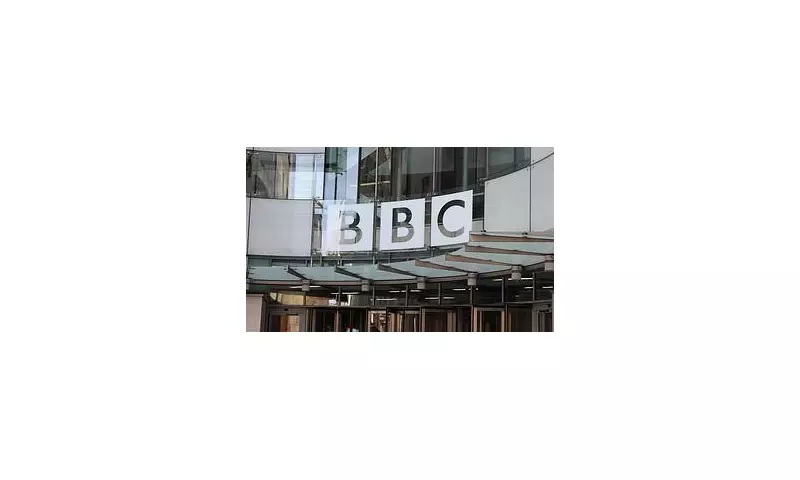
The BBC is facing one of its most significant credibility crises in recent years as internal documents reveal systematic censorship of gender-related reporting. Staff within the national broadcaster are actively refusing to cover stories that challenge progressive gender ideology, creating what critics describe as an institutional bias that undermines the corporation's commitment to impartial journalism.
Internal Resistance and Editorial Compromise
Multiple sources within the BBC have confirmed that journalists and production teams are declining assignments related to gender-critical perspectives. This internal resistance has resulted in important stories being either heavily diluted or shelved entirely, despite their clear news value and public interest.
One senior insider revealed: "There's a palpable fear among staff about covering certain aspects of the gender debate. Those who suggest balanced reporting on these issues risk being ostracised or accused of bigotry."
Mounting Pressure on Leadership
BBC Director General Tim Davie now faces growing demands for his resignation as the scale of the problem becomes apparent. Critics argue that his leadership has failed to maintain the BBC's fundamental principle of impartiality, particularly on culturally sensitive topics.
The situation has escalated to the point where external media regulators and parliamentary committees are considering formal investigations into the corporation's editorial processes and compliance with its charter obligations.
Key Areas of Concern:
- Systematic avoidance of gender-critical viewpoints in programming
- Internal pressure on journalists to conform to progressive narratives
- Failure of senior management to enforce impartiality guidelines
- Growing public distrust in BBC's ability to report fairly on contentious social issues
The Broader Implications for Public Broadcasting
This controversy strikes at the heart of the BBC's role as a publicly-funded broadcaster. Licence fee payers are increasingly questioning whether they're receiving balanced coverage or being served a particular ideological perspective.
Media analyst Dr Sarah Chen commented: "When a public service broadcaster allows internal activism to shape its editorial output, it betrays the trust of the entire nation. The BBC's charter requires impartiality, not conformity to any particular worldview."
The corporation now stands at a critical juncture, with its reputation for balanced journalism hanging in the balance. How Tim Davie and his leadership team respond to these challenges will likely define the BBC's future credibility and public standing.





